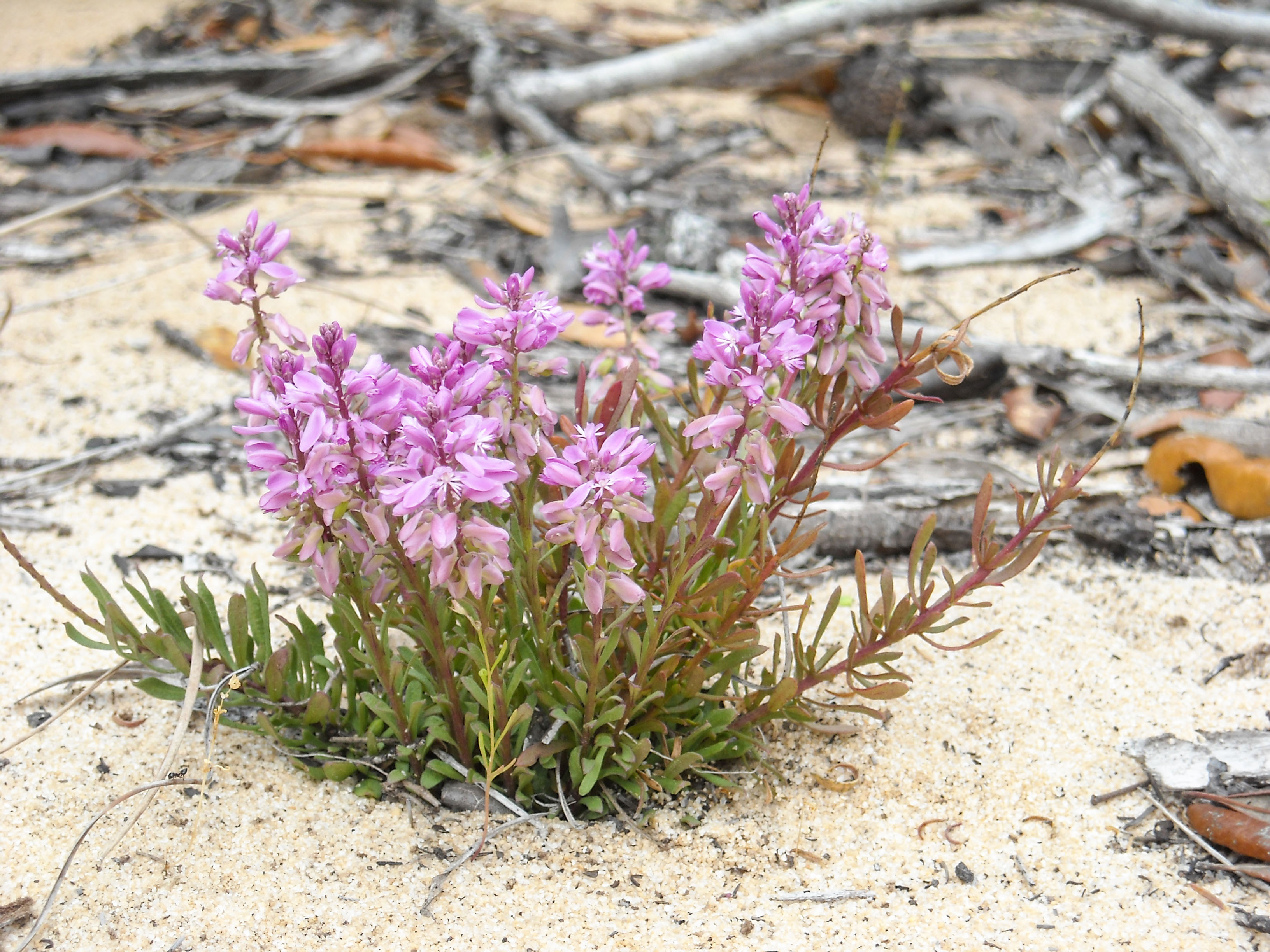
The conservation genetics program at the Missouri Botanical Garden, part of the Garden's Center for Conservation and Sustainable Development, uses genetic approaches to understand the evolutionary and ecological causes and consequences of rarity in endangered plant species. Research conducted by the program combines the fields of plant systematics, phylogeography, population genetics, ecological/quantitative genetics, and genomics to understand evolutionary and ecological dynamics of rare plant species.
The program is housed in the Garden’s new Plant Conservation Genetics Laboratory, a 1,000-square-foot facility that is equipped to carry out DNA and RNA extraction; gel electrophoresis and imaging; polymerase chain reaction (PCR); sample preparation for genotyping, conventional DNA sequencing, next-generation DNA sequencing and RNA-seq; cloning; bioinformatics of genetic data; and data analysis. The lab’s primary research focus is plant conservation genetics, but the facility and research staff have the ability to support projects on plant systematics, phylogeography, quantitative and ecological genetics, genomics, plant-animal interactions, and gene expression.